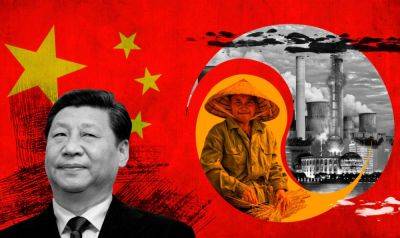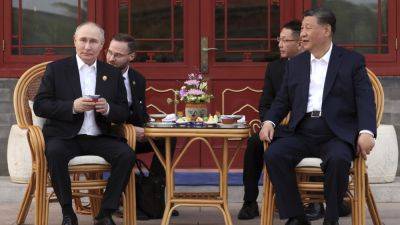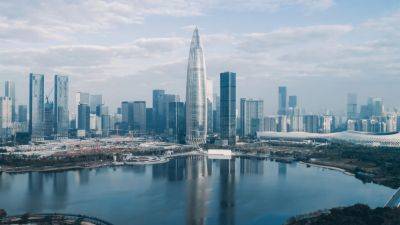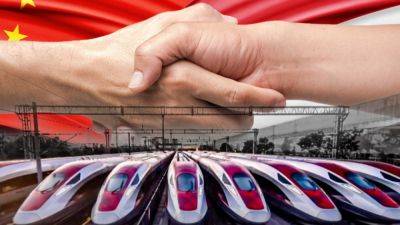Southeast Asia cannot be a bystander amid escalating global crises
If geopolitical trends were assessed the way economic projections are calculated on a quarterly basis, the global security landscape would perpetually curve upwards on the axes of time and complexity.
Firstly, as major powers jostle for dominance, whatever previous distinctions there were between economic and security agendas are now considerably blurred.
Secondly, the technology that is disrupting the status quo is bringing the roles, responsibilities and allegiances of private entities behind such disruption to the forefront. Contrary to the standard practice of treating military and civilian applications of technology as separate discussions, we have seen a greater obfuscation of the two.
For example, Russia’s war against Ukraine prompted unprecedented support for Kyiv from the likes of Microsoft, Google, Amazon and Clearview AI. But it also led to questions about how the private sector can be drawn into ongoing hostilities as participants, potentially triggering obligations under international humanitarian law.
In Southeast Asia, Palantir’s platforms are exclusively resold in Malaysia, Singapore and Vietnam by Hanoi-based FTP Software. Other companies might be less blatant about where they stand but their bottom line calculations may not always be politically agnostic even when they operate internationally under different forms of governance. Profits, it seems, can in fact have a patriotic patina.
Thirdly, existing policy discussions in Southeast Asia do not sufficiently account for these cross-cutting changes. In the region, governments appear determined to expand their economic wiggle room as a means of strengthening their international agency. This is partly borne of necessity because the region is enmeshed in the







